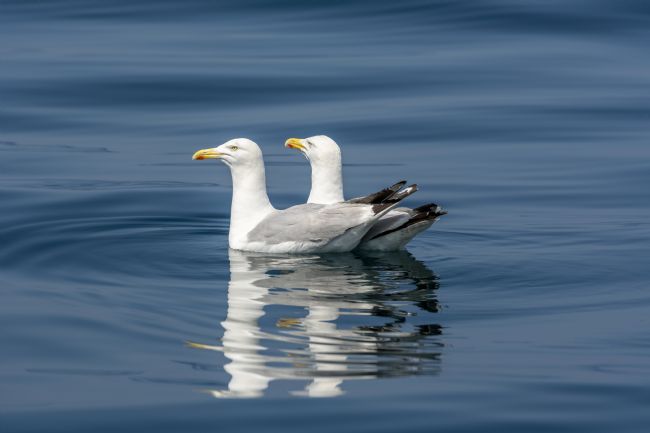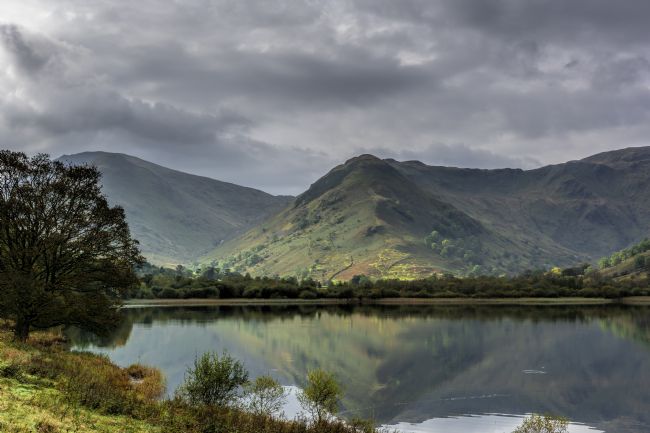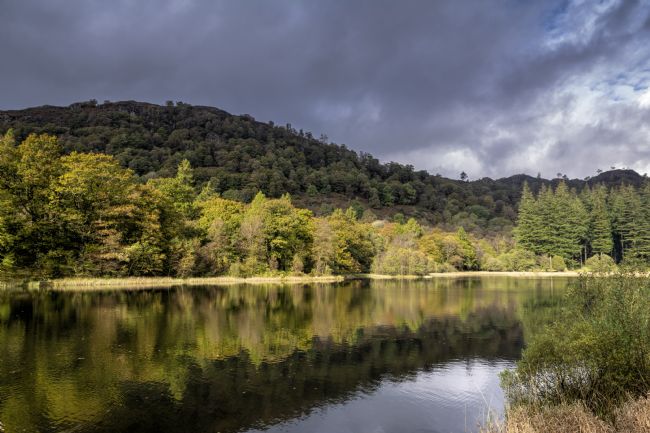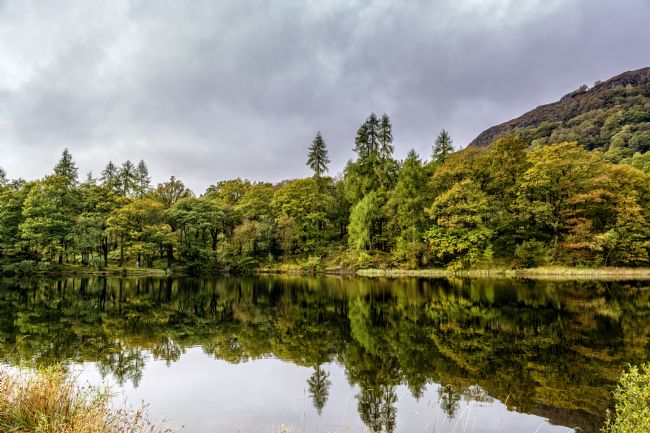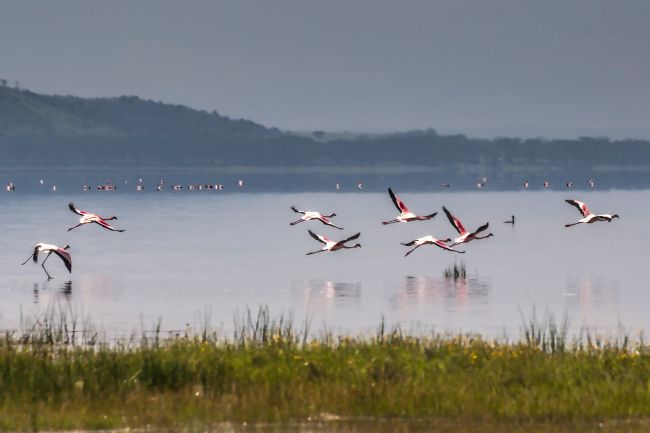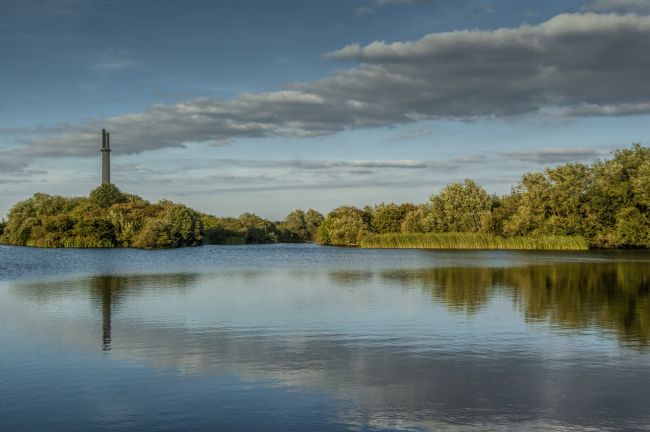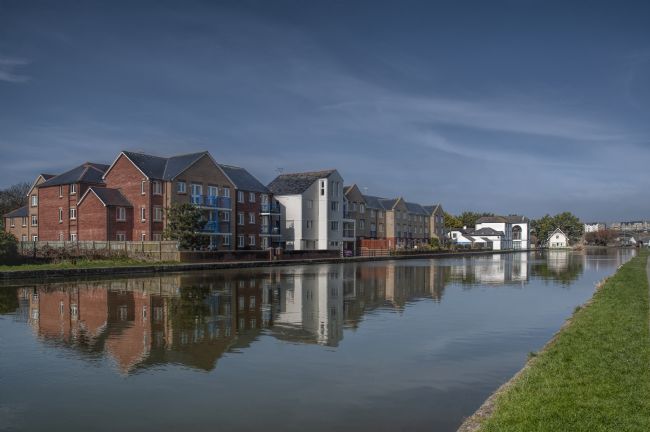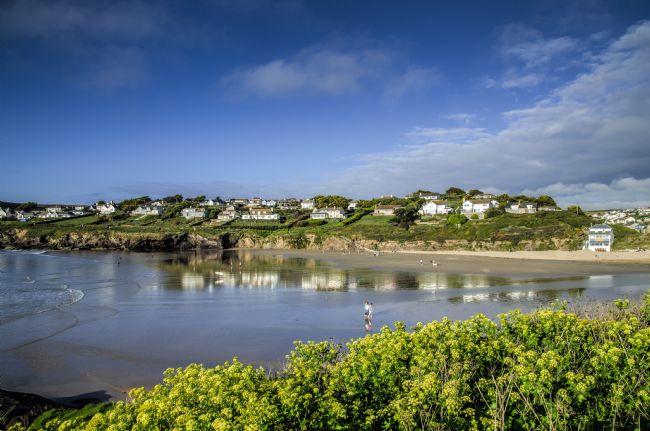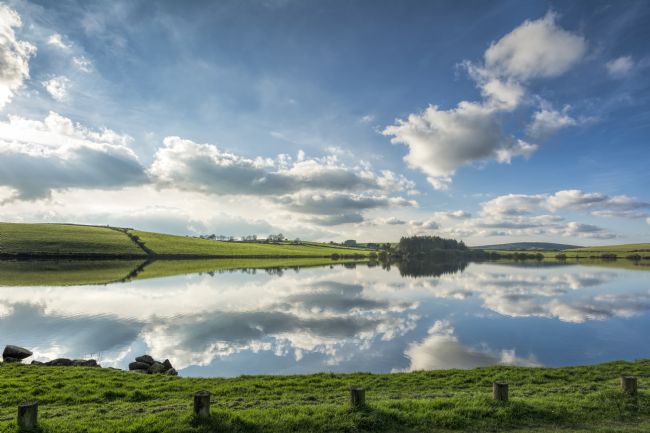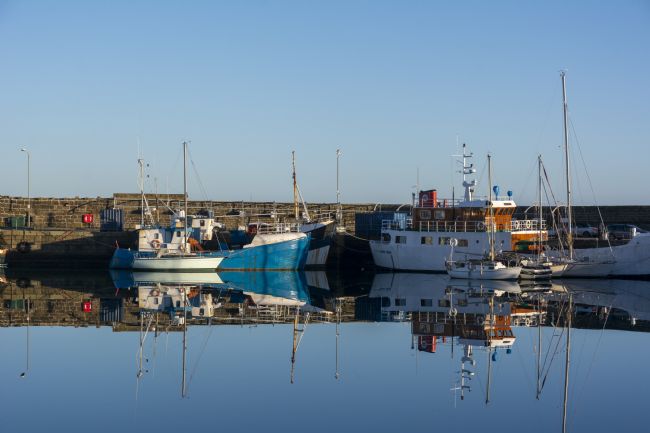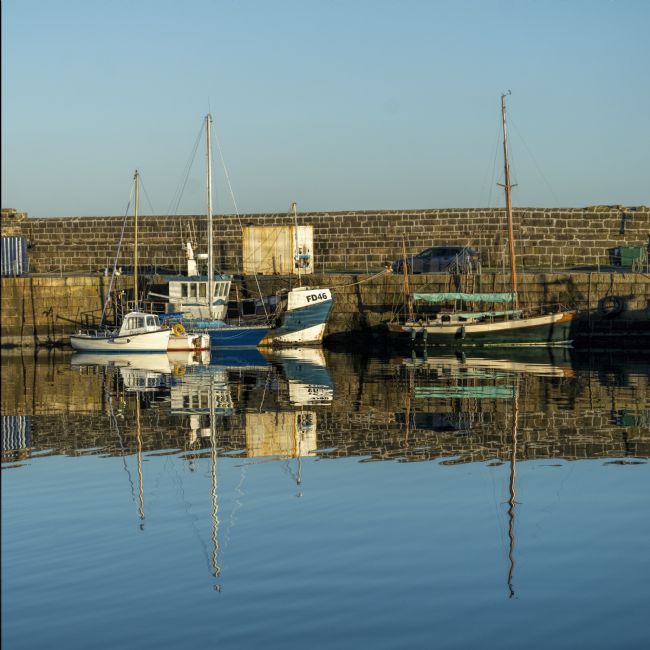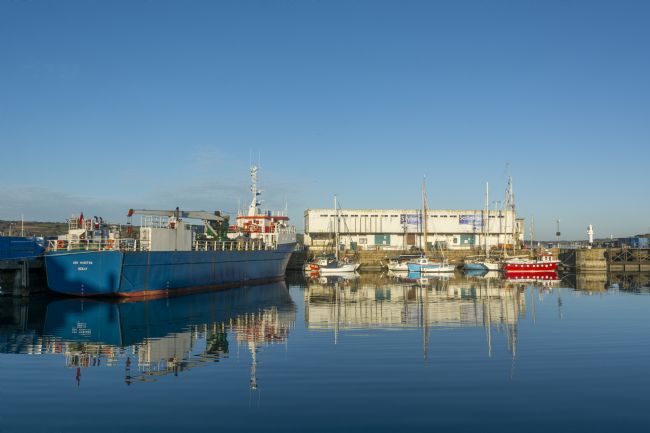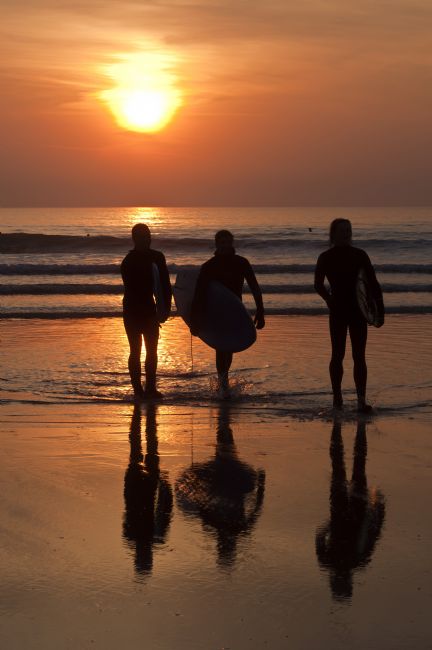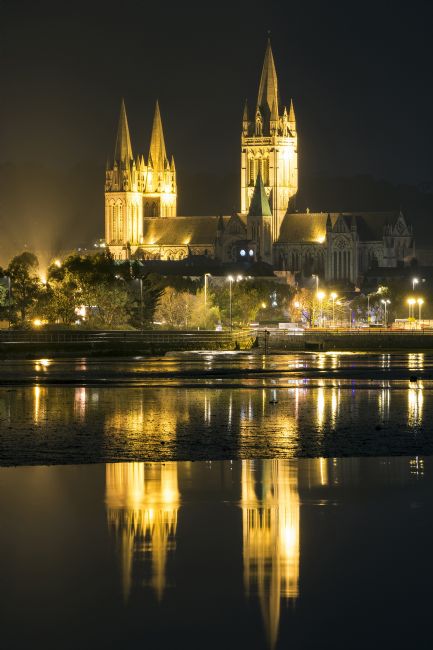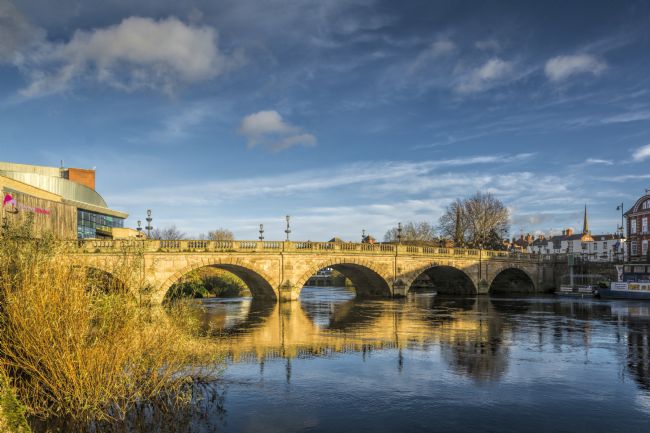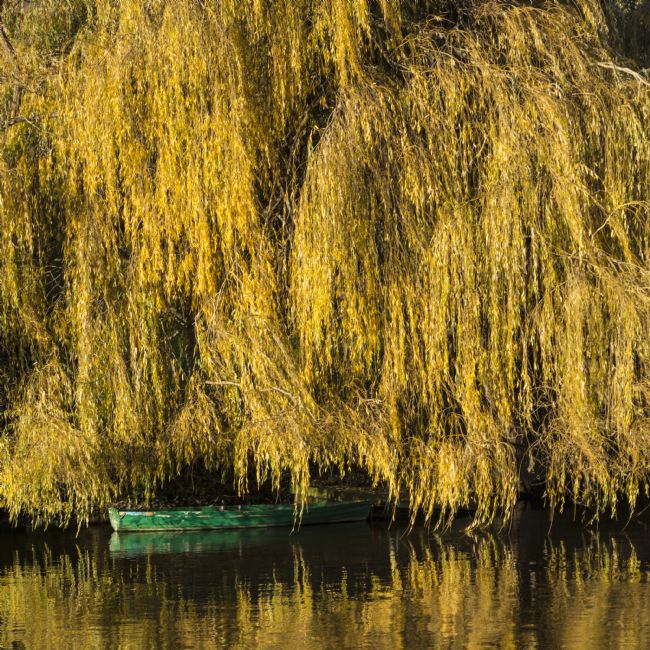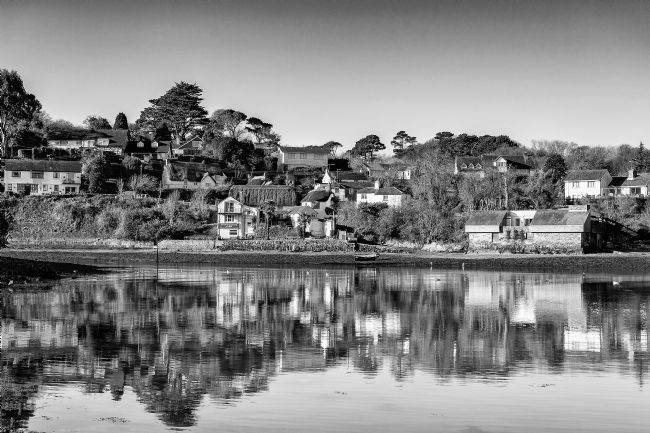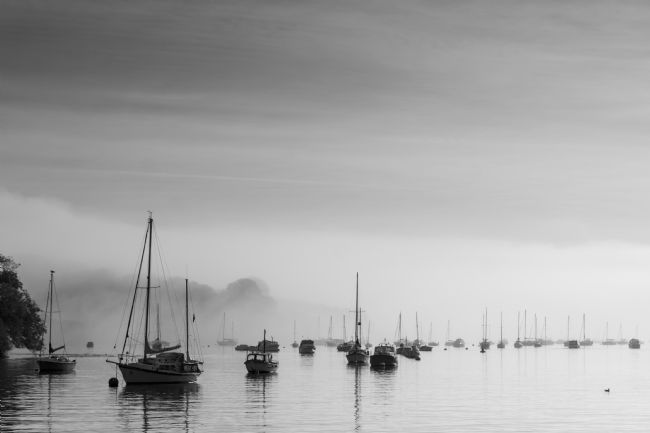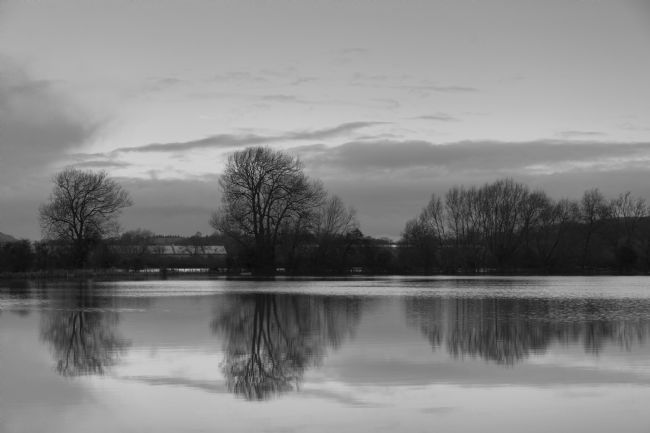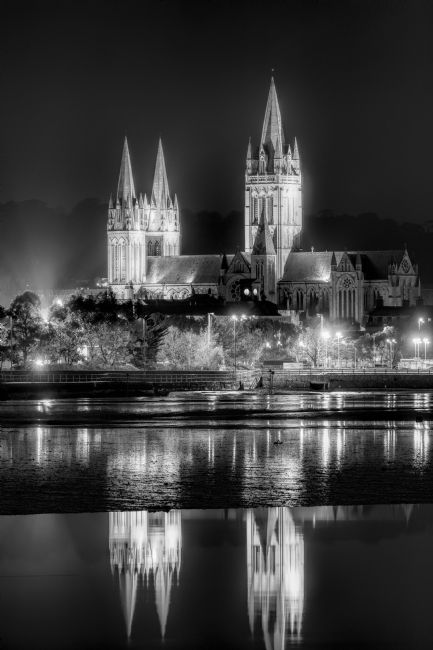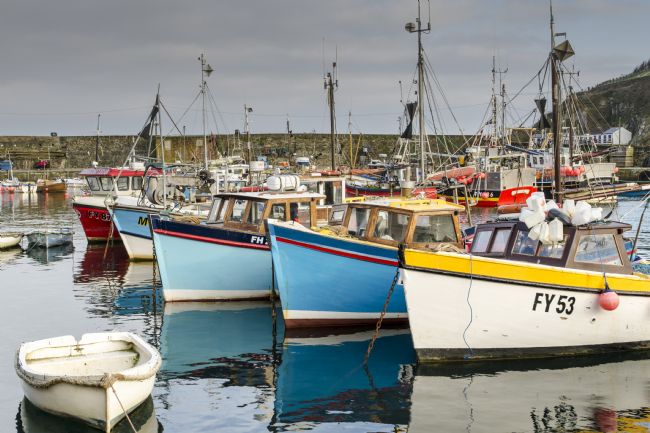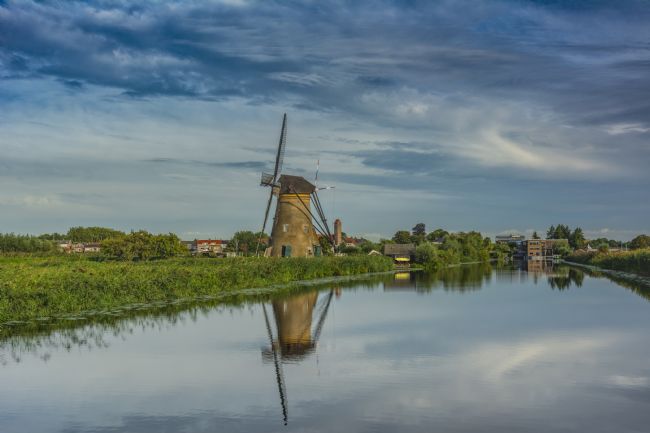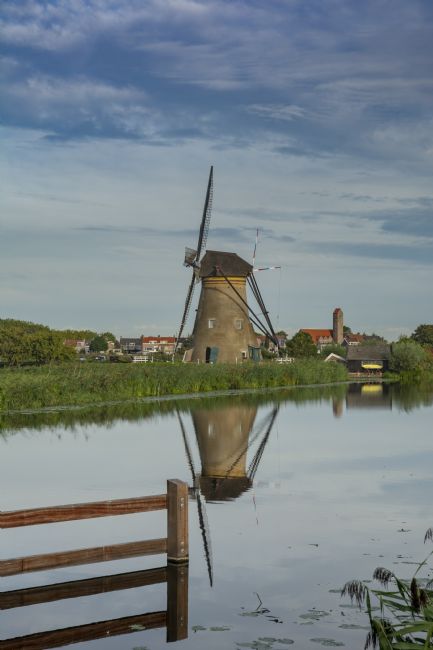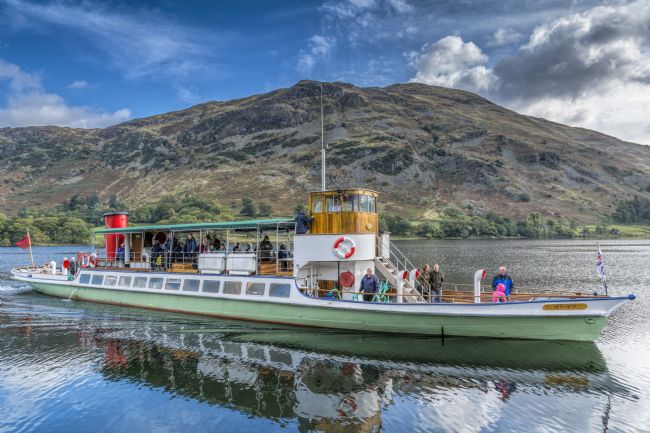Two gulls floating on a velvety calm sea on the North coast of Cornwall.
This is what makes the Lake District really special, there a numerous lakes and tarns to discover, many of which sit at the foot of the Pikes and fells for which the Lakes District is so well known.
Beautiful Yewtree Tarn in Yewdale is dominated by a stately clump of ancient yews, is the most easily accessed of the Lakeland Tarns as the road from Coniston to Ambleside goes right by it.
Yew Tree Tarn is a small lake in the English Lake District situated in between the towns of Ambleside and Coniston. The tarn was formed when the local landowner dammed the Yewdale Beck in the 1930s.
A digital painting of one of my own photographs taken on the shores of Lake Nakuru, Kenya.
A calm scene in a nature reserve in Northampton. In the distance you can see the famous tower and landmark which untill recently was used for testing lifts.
The Bude Canal was a canal built to serve the hilly hinterland in the Devon and Cornwall border territory in the United Kingdom, chiefly to bring lime-bearing sand for agricultural fertiliser. The Bude Canal system was one of the most unusual in Britain.
Polzeath is a small village situated on the North coast of Cornwall, home to a fantastic beach and one of the world’s most renowned surfing destinations.
Beautiful reflections in Siblyback Lake, Cornwall. It is located on the edge of Bodmin Moor. ... and dramatic tors, this impressive lakeside location offers a great day out for families in Cornwall.
Stunning reflections in Penzance harbour on a cold, calm winters day in the late afternoon.
Yachts and fishing boats sit quietly moored alongside the harbour wall in Penzance in an early evening light during winter.
A beautiful winter evening in Penzane Harbour.
Taken at sunset, Polzeath Beach, Cornwall, captured these three surfers just coming out of the water after an afternoon surfing.
The Cathedral of the Blessed Virgin Mary, Truro is a Church of England cathedral in the city of Truro, Cornwall. It was built between 1880 and 1910 to a Gothic Revival design by John Loughborough Pearson on the site of the parish church of St Mary. It is one of only three cathedrals in the United Kingdom with three spires.
The Welsh Bridge is a masonry arch viaduct in the town of Shrewsbury, England which crosses the River Severn. It connects Frankwell with the town centre. It is a Grade II* listed building.
The bridge was designed and built from 1793 to 1795 by John Tilley and John Carline (whose father was a mason on the English Bridge), who had built Montford Bridge for Thomas Telford. Four of the arches span 43 feet 4 inches, while the fifth and central arch is 46 feet 2 inches. The bridge is 30 feet wide, and built from Grinshill sandstone. In total it is 266 feet long. It was completed in 1795 at a cost of £8,000.
A small greem rowing boat nestles against the shore underneath a beautiful weeping willow tree on the river Severn, Shropshire.
Reflections of the beautiful village of Helford in Cornwall. This photograph was taken on a peaceful winters day.
A misty morning in the Penryn River, Cornwall. Boats lie quietly on their moorings in the mist.
The River Lugg having burst its banks during heavy rainfall just before Christmas 2019
A beautiful shot of Truro Cathedral at night. Truro is one of the youngest cathedrals in the UK and looks spectacular with the lights and reflections of the river alongside it.
Painting with light using a glass ball and several small finger lights.
Colourful fishing boats sit on calm waters in Mevagissey Harbour. Mevagissey is a popular tourist destination in Cornwall, South West UK. It is a busy fishing port.
Kinderdijk, which translates to children’s dike, lies in the Alblasserwaard polder (land that’s been reclaimed from the sea, marshes or river floodplains) at the confluence of the Lek and Noord rivers. The village is in the western portion of the Netherlands, much of which is near or even below sea level.
Despite advances in technology, the 18th-century windmills at Kinderdijk have been maintained in working order to serve as a backup system in case more modern equipment fails. And indeed, they have been called back into service in the modern era. During the German occupation of Netherlands in World War II, the German troops claimed all diesel reserves for the war effort, requiring the Dutch to fall back on windmill technology for drainage once again.
The MY Raven is a passenger vessel operating for Ullswater 'Steamers' on the lake of Ullswater in the English Lake District, where she has spent her entire working life. She was built in 1889 as a steam vessel, but converted to diesel power in 1934.
